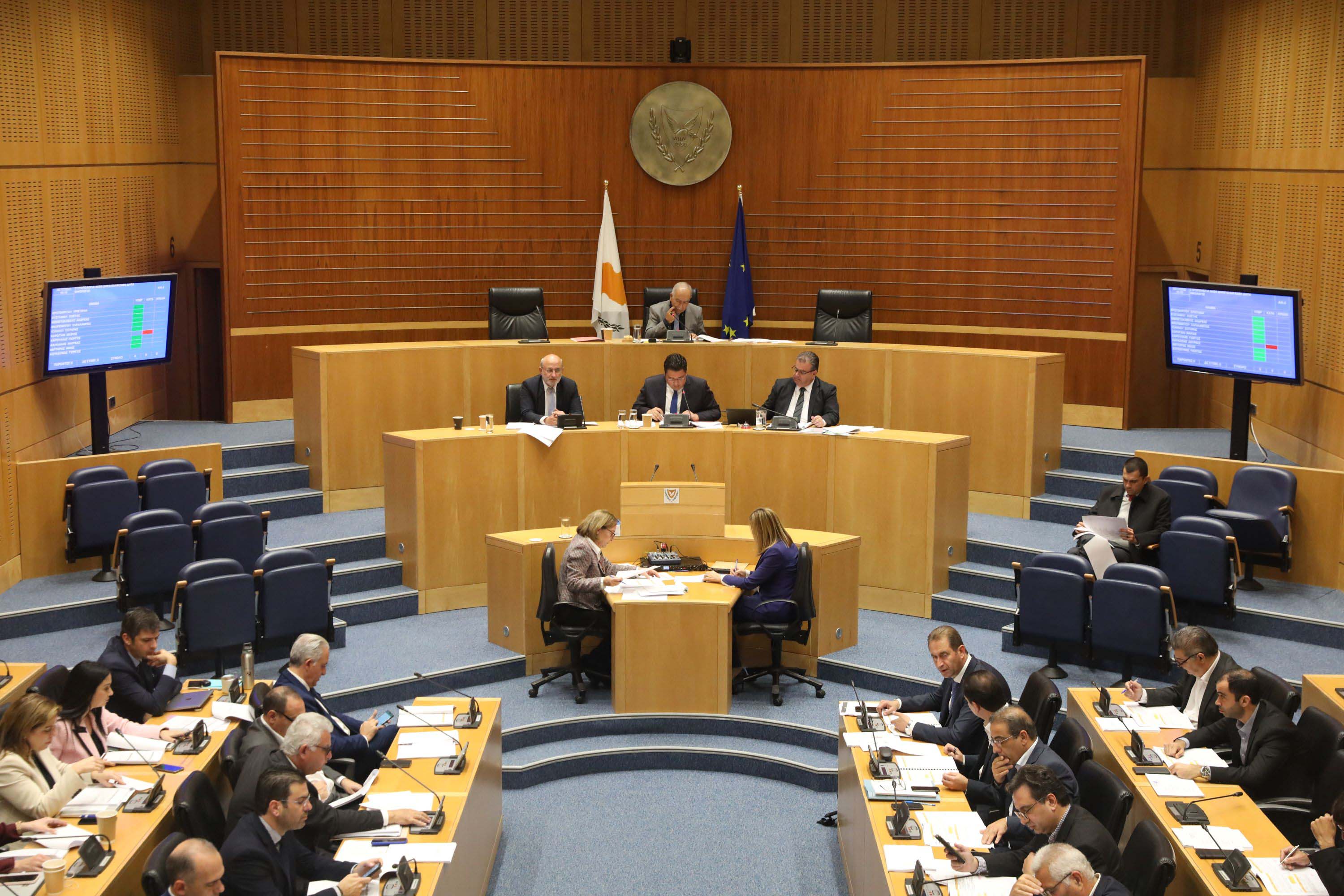Opposition party Akel tabled a bill on Thursday that would repeal a law passed earlier this year regulating public gatherings and parades, decried by critics as draconian.
The bill is sponsored by Akel MPs Aristos Damianou, Andreas Pashiourtidis and Giorgos Koukoumas.
The law targeted was passed on July 10 at the last session of the House plenum before the summer recess. Akel and the Greens had voted against.
Explaining why they want the law repealed, the three Akel MPs said it “introduces clauses in law enforcement that substantially restrict fundamental rights, such as the right to peaceably assemble and free speech, rights which beyond being explicitly enshrined in the [Cyprus] constitution, are also safeguarded on the European and international levels”.
They said the law as it stands constitutes a “direct blow to the rule of law and to democracy”.
The MPs use as ammunition a damning report delivered last month by the Organisation for Security and Cooperation in Europe (Osce).
Having assessed the law, the Osce said it gives Cyprus authorities excessively discretionary, even arbitrary, powers to break up demonstrations while placing disproportionate sanctions on event organisers and participants.
“Generally, while the law appears to strive for more communication channels between the police and the organisers to facilitate peaceful gatherings, it does not adequately reflect the state’s positive obligations to protect, respect and facilitate the exercise of the right to freedom of peaceful assembly,” read the Osce’s legal opinion.
It highlighted the broad discretionary powers vested in the chief of police to order the breakup of a public gathering.
The dispersal of an assembly “should always be a measure of last resort,” the Osce stressed.
And it called disproportionate the sanctions envisaged in the law, suggesting that these “be removed or reconsidered entirely to ensure that any sanctions are proportionate to the violation”.
The report cautioned: “Disproportionate penalties alone violate the right to freedom of peaceful assembly, as they may deter such events and have a chilling effect on the exercise of this right.”






Click here to change your cookie preferences